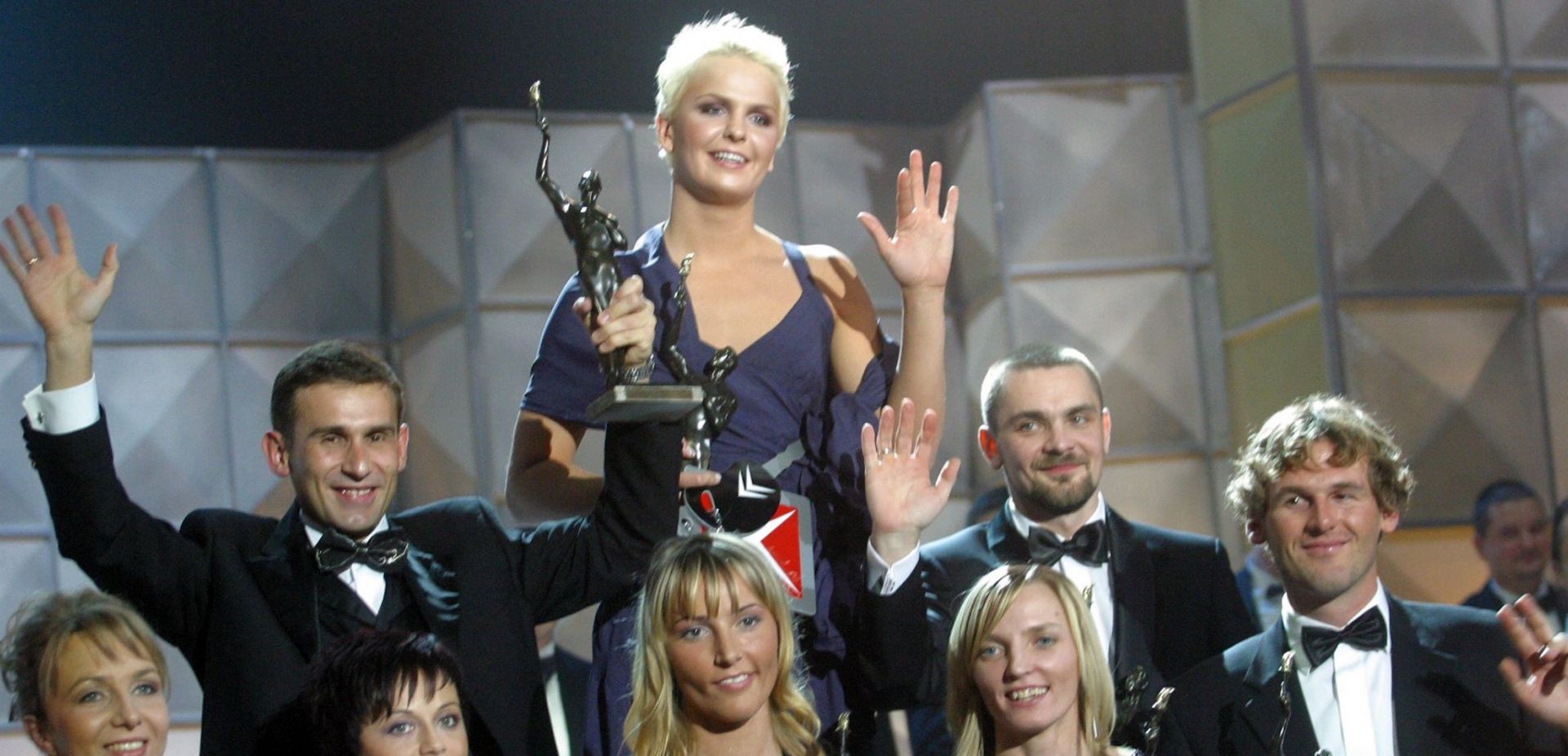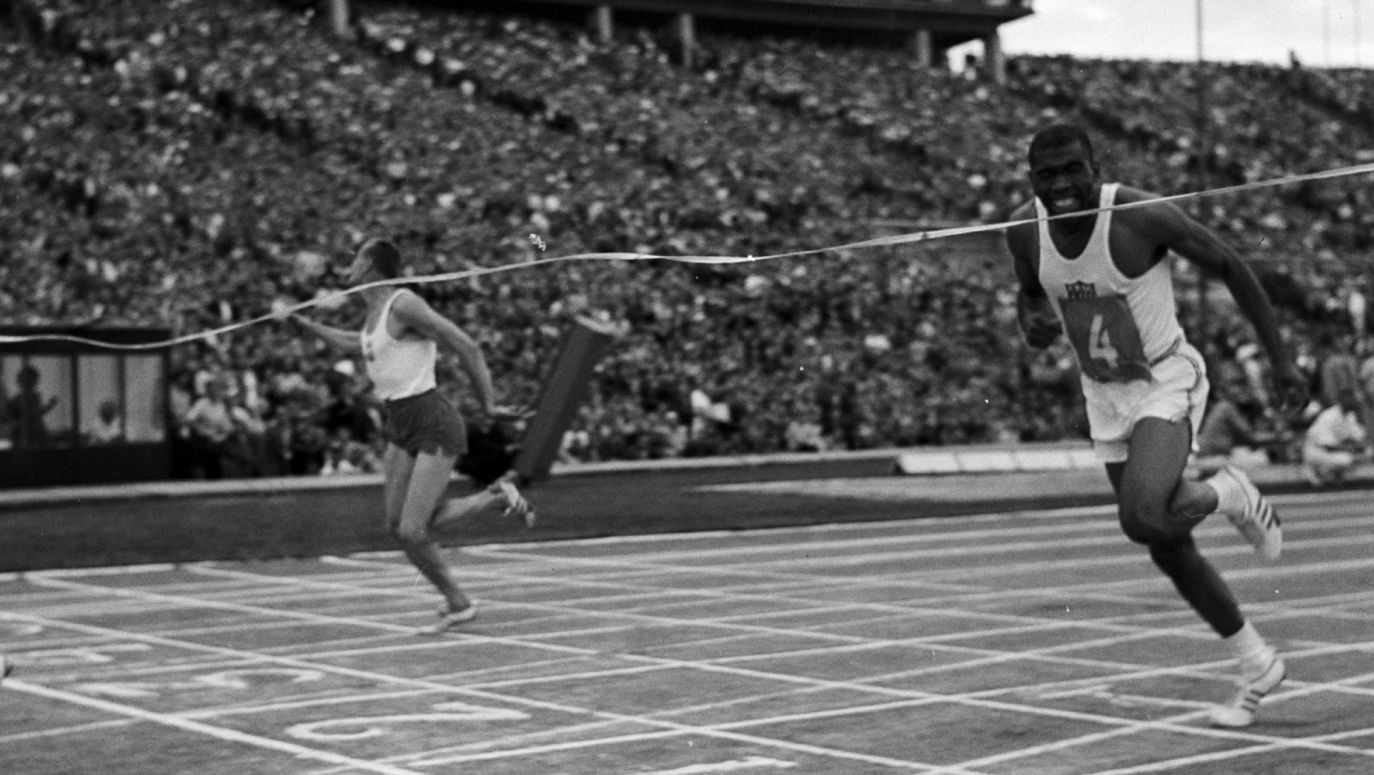The years when an Olympic medal, especially an Olympic gold medal, was the substantive bond of winning a plebiscite are behind us. Tomasz Majewski found this out painfully after 2008, when he won the Games in Beijing, but lost in Warsaw to Robert Kubica, who won only one F1 race in the entire season. Text messages from young fans were the deciding factor.
It is emotional ties that currently create the results of the Plebiscite, although this does not necessarily have to do with the popularity of the sport the given athlete practices. The unconditional love of the nation for football is not reflected in the Plebiscite in the slightest, as only two footballers have triumphed in its entire history - Zbigniew Boniek and Robert Lewandowski. And where is the logic here?
The confusion around a clear indication of what is good and what is popular is of no particular concern, as it allows for free interpretation of meanings. In internet diagnostics, what is good is what is popular. This option dominates the functioning of societies in public as well as in private life.
To put it as gently as possible, this is a gross oversimplification. And its illustration is the ridiculous status of a celebrity, i.e. someone who is known for being known. It would be funny if it didn't get serious. Social media has been populated by celebrity candidates and those who have already made themselves out to be celebrities.
The desire to be known and admired, i.e. popular, has taken over the earth's population from North to South and East to West. For many people, especially young ones, the internet has become an indispensable prosthesis of existence according to the belief - if you're on the internet, you don't exist.
The dangers are recognised and obvious. Since a drop in the number of clicks under posts can lead to suicide attempts, often unfortunately successful, we have an Internet pandemic, although it has not yet been named as such. And its symptom is addiction to popularity.
Short fuse
Does it have anything to do with sport and athletes? It does and it doesn't. It doesn't, because sportsmen and sportswomen become known through concrete and measurable achievements. But there are also those whose popularity far exceeds their sporting achievements because they care about their media image and have a flair for it, sometimes greater than their sporting talent.
The popularity of a person and the sport they practise are not the same thing. The history of the plebiscite and football, for example, confirms this. So what makes one sport gather larger and another smaller audiences? That some sports gain and others lose audiences?
There is no clear answer. This is influenced by various factors that can be seen on this revolving carousel. Firstly, the dynamics of the shows. The top five of the Top list hints at this. As is well known, football holds firmly in the lead.
In second place is cricket (2.5 billion, say fans). In third place are two hockey games, the one on ice and the one on grass (2 billion). In fourth place is tennis (1 billion). In fifth is volleyball (900 million).
However, basketball, undoubtedly a dynamic sport, only lands in seventh position (825 million). And handball, which also has a lot going on, falls short of the 'top ten' in popularity, which is closed by golf (450 million fans), which happens to be dynamic rather differently.
 SIGN UP TO OUR PAGE
SIGN UP TO OUR PAGE

As you can see, the pace and density of the shows do not exhaust the subject. The popularity mechanism must have other drives and it does. Another is the simplicity and legibility of the event formula. And, to put it more figuratively, a modern sports spectacle must have a short fuse.
The action in the stadium or on the pitch must set off the audience's emotions immediately and without hindrance. The faster and easier this happens, the better the chances of full stands and millions of impassioned viewers.
Football meets both requirements, creating dynamic and simple performances. The experience of them is not hindered by complicated rules, because they are understandable and well-known. The spectator seamlessly follows the spectacle like the players follow the ball. That is why football's popularity is global.
Cricket enthusiasts numbering 2.5 billion or golf fans numbering 450 million are also powerful armies of support. So much so that the former sport has regional roots, embedded in certain traditions, while the latter requires a good knowledge of the rules, which makes this short fuse longer.
This is good, what is popular
Popularity rankings do not hold a patent for infallibility or guarantee immutability. Tastes and fashions change, and with them the lists of the most watched, and therefore most popular, sports. It is no different in Poland.
For decades, athletics in our country has been a very popular sport. Since the aforementioned match at the 10th-Anniversary Stadium, it has even become legendary. Nowadays, it is one that is either in or out of the 'top' rankings, which depends on the portal that presents the classifications.
Sometimes it appears in the top five, other times it falls outside the top ten. It is being supplanted by speedway, combat sports, strength sports and, of course, tennis. New generations of fans have their own tastes and bring in new fashions.
It is interesting that these manifest themselves not necessarily at times of great success for the discipline at the Olympic Games or World Championships. Medals and popularity are apparently no longer compatible. One reason may be that it is not a simple or easy sport to watch.


 SIGN UP TO OUR PAGE
SIGN UP TO OUR PAGE
 As you can see, the pace and density of the shows do not exhaust the subject. The popularity mechanism must have other drives and it does. Another is the simplicity and legibility of the event formula. And, to put it more figuratively, a modern sports spectacle must have a short fuse.
As you can see, the pace and density of the shows do not exhaust the subject. The popularity mechanism must have other drives and it does. Another is the simplicity and legibility of the event formula. And, to put it more figuratively, a modern sports spectacle must have a short fuse.




